Cosmos Companion Plants: The Ultimate Guide To Growing Healthy Vegetables
Cosmos Companion Plants: The Ultimate Guide to Growing Healthy Vegetables
Cosmos are beautiful, easy-to-grow annuals that can add a touch of color and charm to any garden. They're also a great choice for companion planting, as they can help to deter pests, attract beneficial insects, and improve the overall health of your vegetable plants.
In this guide, we'll take a look at some of the best companion plants for cosmos, as well as some tips on how to plant them together for the best results.
What are companion plants?
Companion planting is a gardening practice that involves planting certain types of plants together in order to create beneficial relationships between them. Some plants can help to deter pests, while others can attract beneficial insects or improve the soil quality. By planting the right companion plants together, you can create a healthy and productive garden.
Why are cosmos good companion plants?
Cosmos have a number of qualities that make them good companion plants. They're tall and upright, so they can provide shade and shelter for smaller plants. They also have a long bloom period, which means they can attract beneficial insects for a longer period of time. Additionally, cosmos are relatively pest-resistant, so they can help to protect your other plants from insect damage.
What are some good companion plants for cosmos?
Here are a few of the best companion plants for cosmos:
- Tomatoes: Cosmos attract pollinators, which can help to increase tomato fruit production. They also help to deter tomato hornworms.

- Beans: Cosmos help to improve the nitrogen levels in the soil, which can benefit bean plants.
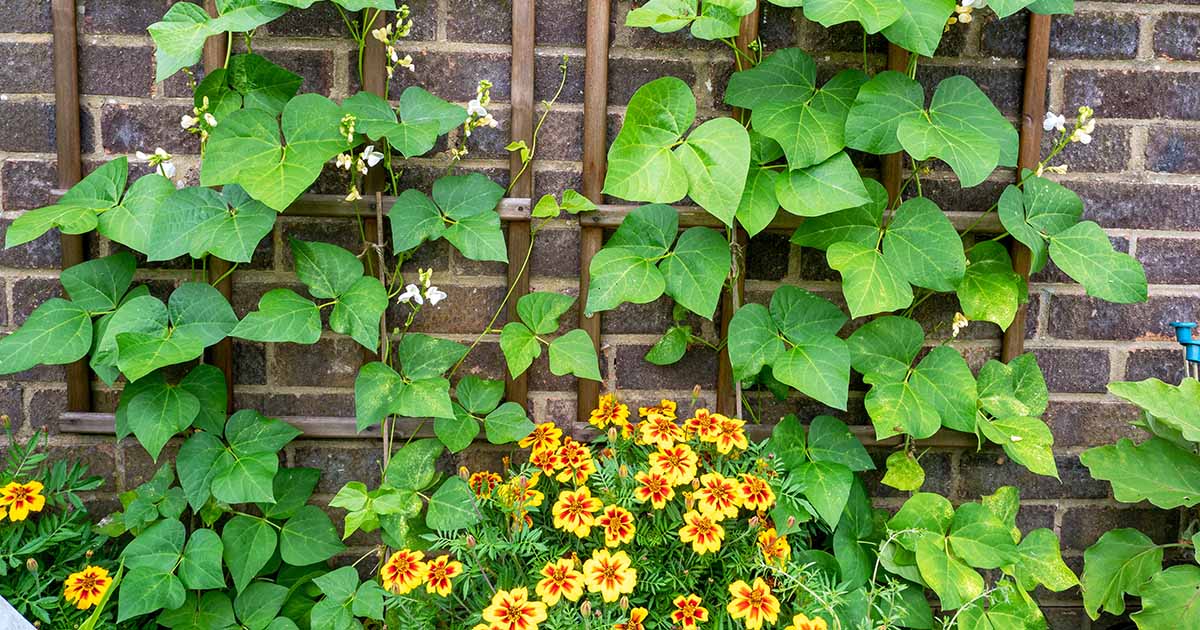
- Cucumbers: Cosmos help to repel cucumber beetles.

- Squash: Cosmos help to attract pollinators, which can help to increase squash production. They also help to deter squash bugs.
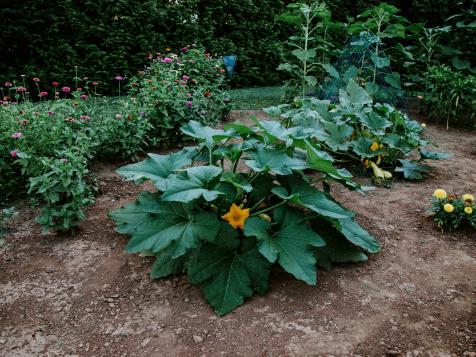
- Herbs: Cosmos can be planted near herbs like basil, dill, and mint to deter pests.

How to plant cosmos with companion plants
When planting cosmos with companion plants, it's important to consider the size and growth habits of each plant. Cosmos can grow quite tall, so you'll need to make sure they have enough space to spread out. You'll also need to make sure that the companion plants you choose have similar water and sunlight requirements.
Here are a few tips on how to plant cosmos with companion plants:
- Plant cosmos in full sun. They need at least 6 hours of sunlight per day.
- Plant cosmos in well-drained soil. They don't like soggy soil.
- Space cosmos plants 12-18 inches apart.
- When planting companion plants with cosmos, consider the size and growth habits of each plant.
- Plant companion plants that have similar water and sunlight requirements.
Conclusion
Cosmos are beautiful, easy-to-grow annuals that can make great companion plants for a variety of vegetables. By planting cosmos with the right companion plants, you can create a healthy and productive garden.
Cosmos are beautiful, easy-to-grow annuals that can add a touch of color and charm to any garden. But did you know that they can also be beneficial to your vegetable plants? That's right, cosmos can actually help to repel pests and attract pollinators, which can improve the overall health and productivity of your vegetable garden.
So, what are some of the best cosmos companion plants for vegetables? Here are a few suggestions:
- Tomatoes: Cosmos and tomatoes are a classic companion plant combination. Cosmos attract pollinators, which help to increase tomato fruit set. They also help to deter tomato hornworms, a common pest of tomatoes. Gardenia Inspiration
- Cucumbers: Cosmos can also help to deter cucumber beetles, another common pest of cucumbers. They also help to improve the pollination of cucumbers, which can lead to larger yields. Gardenia Inspiration
- Beets: Cosmos and beets are a visually appealing combination, as the dark red leaves of the beets provide a striking contrast to the colorful blooms of the cosmos. Cosmos can also help to deter pests such as aphids and leafhoppers from beets. Gardenia Inspiration
If you're looking to add some cosmos to your vegetable garden, be sure to do your research and choose companion plants that will benefit each other. With a little planning, you can create a thriving vegetable garden that's full of beautiful cosmos blooms.
FAQ of cosmos companion plants vegetables
- What are some good companion plants for cosmos in a vegetable garden?
Cosmos are a great companion plant for many vegetables, as they attract beneficial insects that help to control pests and diseases. Some good companions include tomatoes, cucumbers, beets, and squash. Cosmos also help to improve the soil by breaking down organic matter and adding nutrients.
- What vegetables should not be planted near cosmos?
There are a few vegetables that should not be planted near cosmos, as they may compete for resources or attract pests. These include potatoes, eggplants, and peppers.
- How far apart should cosmos be planted?
Cosmos can grow quite tall, so it is important to plant them far enough apart so that they have plenty of room to grow. The spacing will vary depending on the variety of cosmos you are planting, but a good rule of thumb is to plant them 18-24 inches apart.
- When should cosmos be planted?
Cosmos can be planted in early spring or late summer. They prefer full sun and well-drained soil. If you are planting them in the spring, start them indoors 4-6 weeks before the last frost date. If you are planting them in the summer, sow the seeds directly in the garden after the soil has warmed up.
- How long does it take for cosmos to start blooming?
Cosmos will start to bloom about 6-8 weeks after planting. The blooms will continue to appear throughout the summer until the first frost.
Image of cosmos companion plants vegetables
- Cosmos and tomatoes. Cosmos attract beneficial insects like ladybugs, which help to control tomato pests like aphids and whiteflies. They also help to suppress weeds by shading the soil.
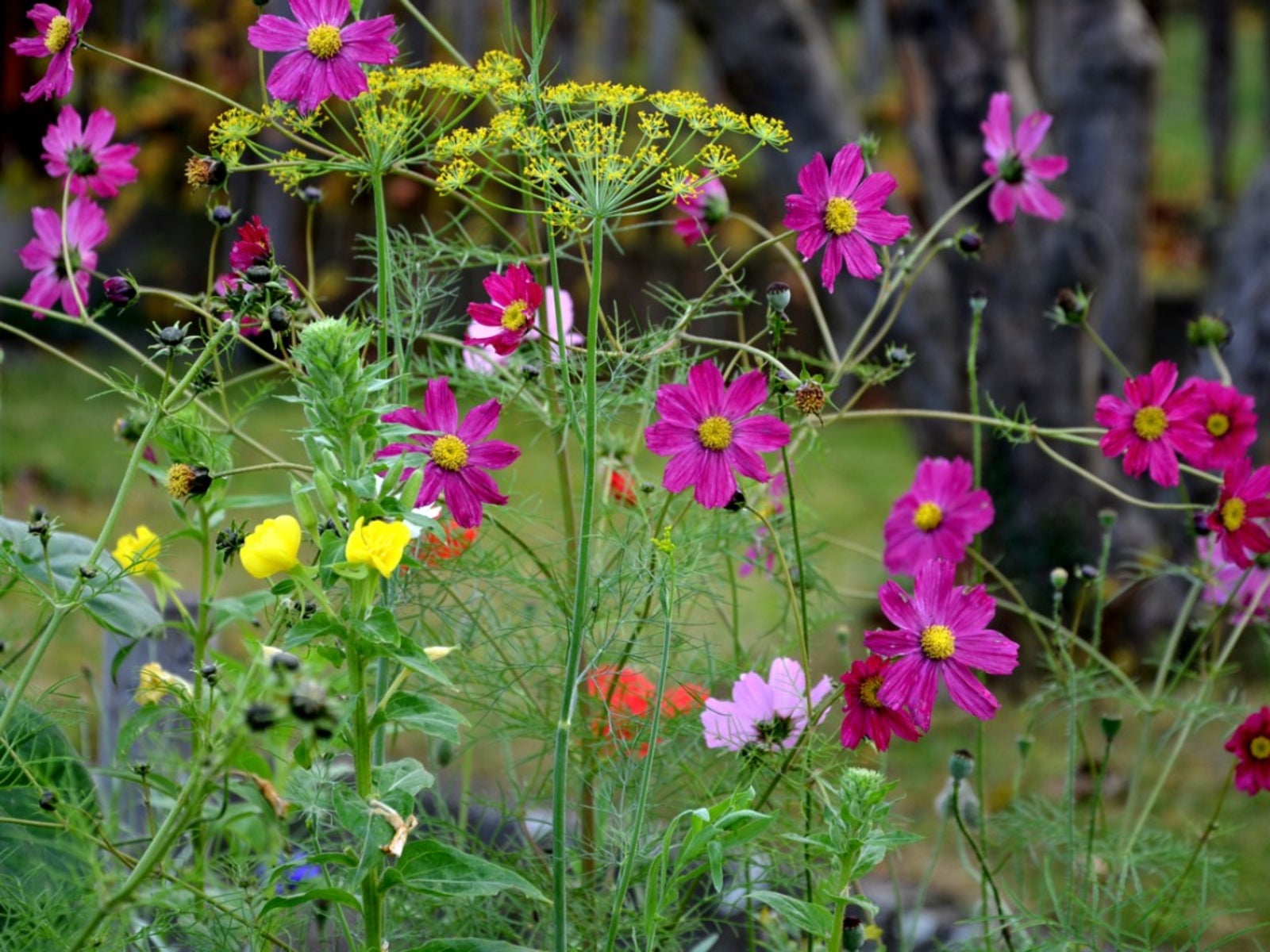
- Cosmos and cucumbers. Cosmos help to repel cucumber beetles, which can be a major pest of cucumbers. They also help to attract pollinators, which help to improve cucumber yields.

- Cosmos and beans. Cosmos help to attract predatory wasps, which help to control bean pests like Mexican bean beetles. They also help to improve air circulation around bean plants, which can help to reduce the risk of diseases.
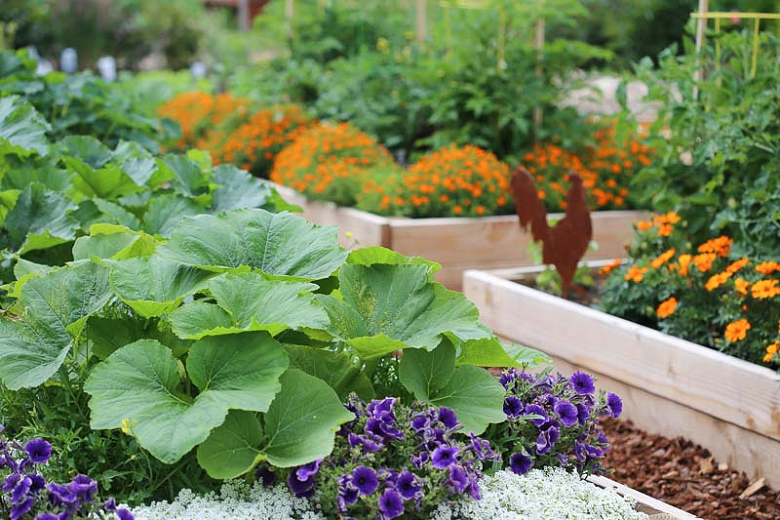
- Cosmos and carrots. Cosmos help to attract hoverflies, which help to control carrot pests like carrot flies. They also help to improve soil drainage, which can help to prevent carrots from becoming waterlogged.
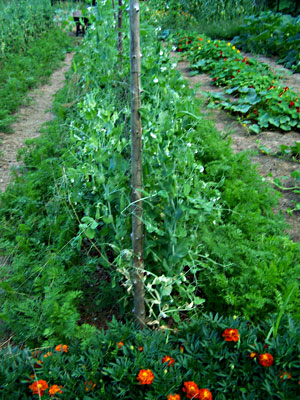
- Cosmos and peas. Cosmos help to attract pollinating insects, which help to improve pea yields. They also help to suppress weeds by shading the soil.

Post a Comment for "Cosmos Companion Plants: The Ultimate Guide To Growing Healthy Vegetables"